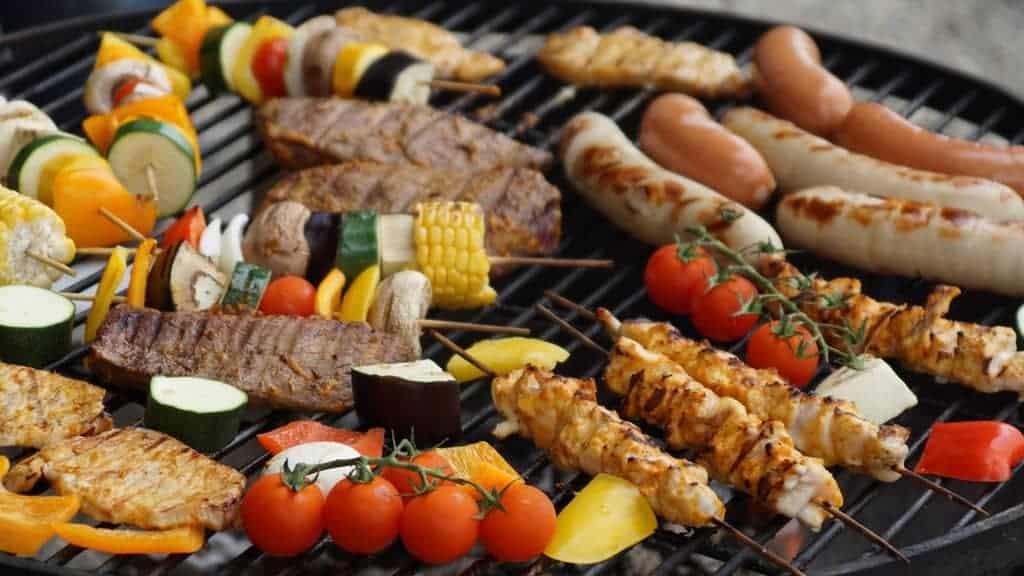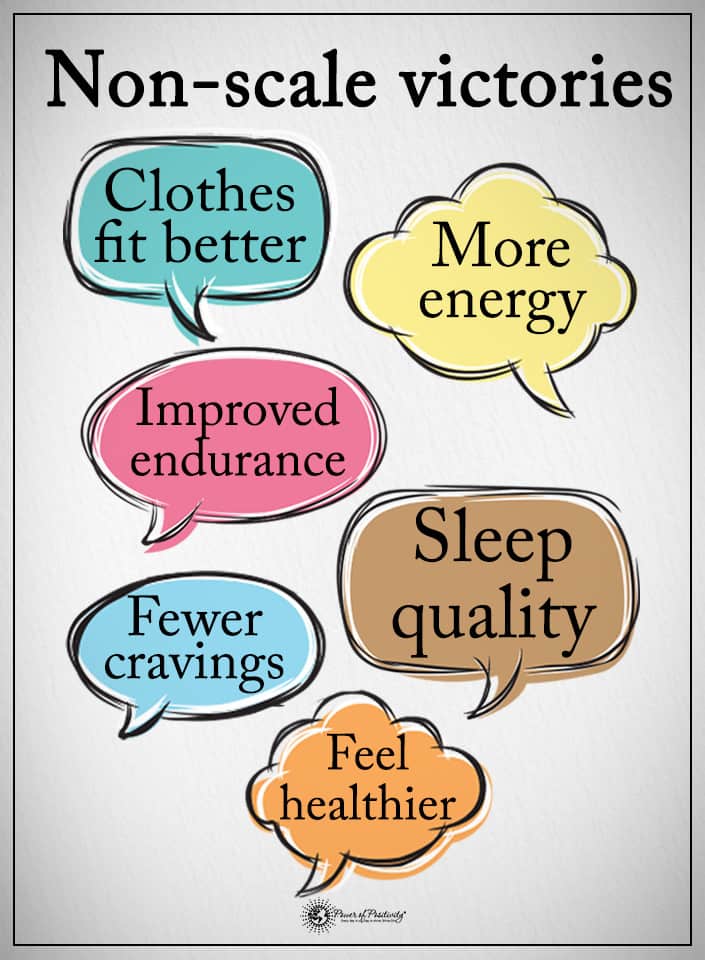High-protein diets are all the rage these days. Many people have lost a significant amount of weight on plans like Keto, Atkins, Zone, and Paleo. These eating plans measure your macronutrients and encourage people to eat high amounts of fat, moderate amounts of protein, and little to no carbohydrates. By eating a diet low in sugar and carbs, people are dropping massive amounts of weight. Is it safe to eat high protein foods and avoid simple carbohydrates?
The good part about these eating plans is that protein is an essential part of a healthy dieting plan. It’s excellent for keeping bones strong, as well as repair issues with muscles and organs within the body. Additionally, people that favor high protein lifestyles like keto can quickly reduce fat and watch their pounds melt away. They don’t have intense hunger sensations as they feel fuller for more extended periods. Plus, they will retain their muscles while shedding unwanted fat.
The Risks of Overconsuming High-Protein Foods
Consequently, many risks come along with a high-protein diet plan that many don’t fully understand. Protein should be eaten in moderation and shouldn’t be the basis of one’s daily consumption. If you’re exceeding the recommended amount, it can cause health problems. Protein can be hidden in places most don’t imagine, like their protein powder and other supplements.
Since protein is a nutrient, eating large amounts, come with risks, and health complications can be inevitable. Did you know that the Keto diet was initially created as a quick fix for epilepsy back in the 1920s? While the menu showed great promise to help those that needed to rewire their brains, newer anticonvulsant medications wiped out the need for this eating plan. Additionally, it was only meant to be used in the short term, and it was never meant to be a long-term eating plan. Here are some of the issues discovered by eating high protein foods for extended periods.
1 – Weight Gain
While weight loss is inevitable at the start, once the body becomes accustomed to the high levels of protein, it can be counterproductive. You will put on pounds. When you consume more protein than what is recommended on Keto or Atkins, the body will store it as fat. All the amino acids that you’ve built in surplus are excreted. Eating high protein foods can easily add up to an overage of calories. While that eating plan may work in the short term, it doesn’t work forever.
2 – Bad Breath
Who would think that high protein foods can affect your breath, but it does? If you are reducing the simple and complex carbs you eat and consuming mostly meats, then your breath can be unpleasant. More than 40 percent of users that partake in low carb, high protein diets report bad breath as a side effect.
Ketosis is a metabolic state that people strive to help burn fat for energy. When a person enters this state, the chemicals the body produces are less than favorable. Some say the aroma is a fruity smell that brushing won’t help. However, it’s helpful to increase your water intake and chew gum to counteract this troublesome side effect.
3 – Constipation
Another major issue with eating primarily high protein foods is constipation. Since these diets are deficient in fiber and have little carbohydrates, the body doesn’t have much to keep the digestive system active. Constipation is a serious issue as you can become impacted if you let it go too long.
One way to counteract this problem is to increase your fiber and water intake as well as using stool softeners and enemas. It’s advisable to keep track of your bowel movements so that you can ensure you’re going to the restroom frequently enough.
4 – Diarrhea
While some people face constipation when eating high protein foods, others deal with diarrhea. When you eat a great deal of dairy or processed foods, and there is little to no fiber intake, it can cause the stool to be watery. Lactose-intolerant people may have a big issue with all the cheese they must eat. Heart-healthy proteins are always the best option, such as fish, poultry, and red meat.
If you want to avoid diarrhea, then you need to limit your drinks loaded with caffeine and drink plenty of water. Try to stick with baked foods rather than fried, and make sure you get plenty of fiber.
5 – Dehydration
When you urinate, your body removes fluids and water, and it also removes the excess nitrogen in your system. Since this is a vital amino acid that your body needs to survive, you will need to make up for the loss. Without the proper nitrogen levels, you will feel dehydrated. Additionally, you may feel thirstier than usual.
In 2002, researchers decided to review athletes to see how much protein intake would affect their hydration. The study had staggering results. The more protein a person ate, the more their hydration decreased. Though the impact was minimal, it was enough to be concerned. Active people can quickly become dehydrated, so it’s imperative to drink water throughout the day. Even if you’re not on a low carb eating plan, you still need water.
6 – Kidney Damage
To date, there have been no major studies that have shown a link between kidney damage and excessive protein consumption. However, if a person has a preexisting kidney issue, then it’s a cause for concern. It stems from the excessive amounts of nitrogen that are in your amino acids, which help to make up your proteins. If your kidneys have any damage, then they must work overtime to get rid of all that additional nitrogen. Additionally, protein metabolism also produces plenty of waste products, which the kidneys must also flush.
7 – Increased Cancer Risk
Researchers believe that eating some high protein foods, specifically red meat, is linked to an increase in cancer. A Harvard study found that eating processed meats and red varieties raise the likelihood that a person will develop either prostate or breast cancer.
Consequently, other sources report that eating more protein decreases your risk of developing cancer. Because there are hormones and carcinogenic compounds in meat, it may help to stave off malignancy. Since the studies are split on this matter, it’s something to keep an eye on.
8 – Heart Disease
It seems only natural that eating high amounts of fat and protein would cause heart disease. The only oxymoron to that statement is that Dr. Atkins of the Atkins Diet created his eating plan to help his heart patients, and it did. However, people need to watch the amount of saturated fat and cholesterol that they consume.
A study was done in the UK in 2010. It showed that people who consumed plenty of high protein foods that were loaded with trans and saturated fat were at risk. Such a high-fat content can put a person in danger for coronary heart disease. However, eating the proper proteins, like fish, nuts, and poultry, lowered the probability. The good news is these are keto friendly offerings.
9 – Calcium Loss
Consuming high amounts of protein can cause the body to lose calcium. Poor bone health leads to conditions like osteoporosis and other degenerative issues. While research is inconclusive on this matter, it’s still worth mentioning. Eating cheese does provide some dairy, but it’s not the same calcium levels as drinking or consuming milk products.
How Much Protein Do You Need?
You’re probably wondering what a safe amount of protein is to consume each day. Many things go into this equation, such as your gender, activity level, age, and overall health. However, the best way to figure this amount is from your body weight. Rule of thumb is you need to eat about.4 grams of protein for every pound. If you are an athlete or exercise regularly, then you can eat up to .6 or .8 grams of protein per pound. So, an athlete that weighs 190 pounds should have no more than 152 grams of protein each day.
What Kind of High Protein Foods Should You Eat?
When choosing foods that are high in protein, you must select healthy options on your keto diet. Not only will it help you lose and maintain weight, but it will keep negative effects to a minimum.
Eat keto items like:
•Wild Fish (Salmon)
•Legumes
•Eggs
•Poultry
•Nuts
•Whole Grains
Avoid high protein foods like:
•Red Meat
•Deep-Fried Meats and Vegetables
•Foods High in Cholesterol
•Foods High in Saturated Fats
Final Thoughts: Get an Expert Opinion Before Eating Solely High Protein Foods
Before starting any high protein, low carbohydrate diet like keto, it’s important to talk to your doctor. Those people who are suffering from heart or kidney disease may need to find another eating plan to help them shed weight quickly. A dietitian can also be beneficial to assist you in putting together an eating plan that is based on your individual needs.
Overall, there is no substitute for a healthy diet and an active lifestyle. Quick fixes may work in the short term, but they are difficult to follow and not always right in the long run. To achieve your health goals, you must consume a variety of foods, which include fruits and vegetables.















 Community
Community

